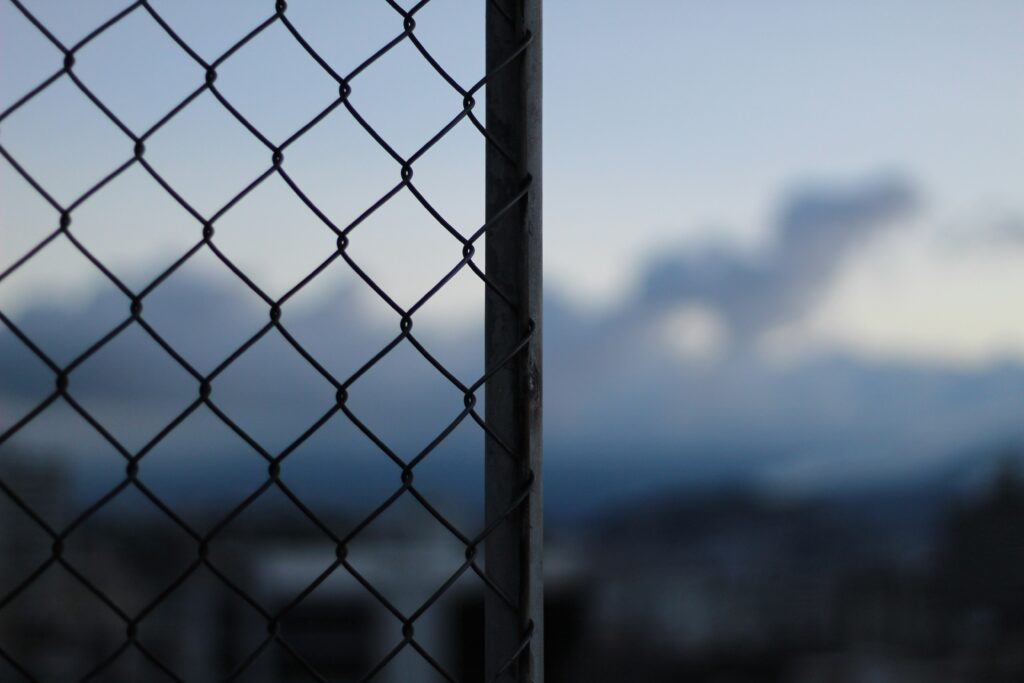For the sake of public health and to prevent the potential negative long-term effects, a class action lawsuit has been filed to end the practice of solitary confinement in certain cases in Pennsylvania. According to the federal lawsuit, which was filed in March, solitary confinement compromises the mental health of those incarcerated. On behalf of six incarcerated individuals, legal counsel from the Abolitionist Law Center, the Pennsylvania Institutional Law Project, and the law firm Dechert LLP filed the lawsuit against the Pennsylvania Department of Corrections. The general argument focuses on humanity and the end to cruel punishment.
The intended outcome would include abolishing the use of the practice in long-term or indefinite circumstances where the incarcerated individual is actively receiving mental health treatment or has been diagnosed with a mental health concern. Allegedly, the attention to mental health while in solitary confinement is almost nonexistent, as the sessions may only last for a short time and are conducted through the small openings in the steel doors of the cells. Described as an environment that allows minimal sunlight and seldom human interaction, the confinement arguably lacks the opportunity for rehabilitation and more often preys on the psychological stability of the individual within the cell.
Among the impacts of mental health deterioration, some of the more prevalent diagnoses include anxiety, depression, memory loss, susceptibility to hallucinations, suicidality, and fractured impulse control. One argument addresses the strong chance that even those who do not enter solitary confinement with a mental health diagnosis are at a risk of developing some level of a psychological imprint. According to the lawsuit, these consequences of the practice are not specific to one prison facility. Each of the six plaintiffs that initiated the class action are incarcerated in six different facilities throughout the state of Pennsylvania. Defining this issue as a constitutional matter, the rights of these isolated individuals are paramount to the case.


